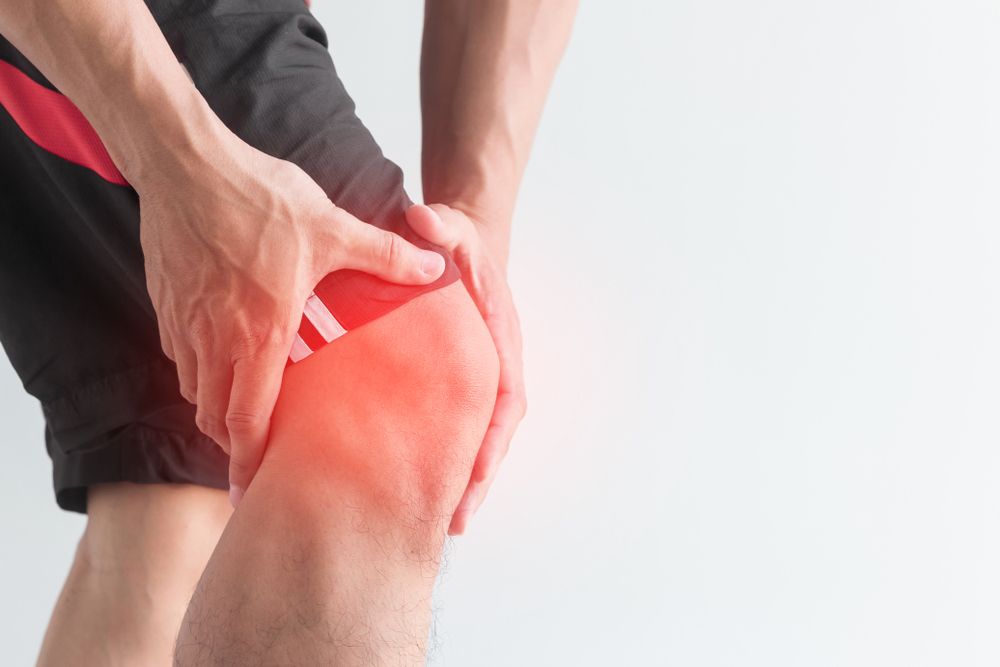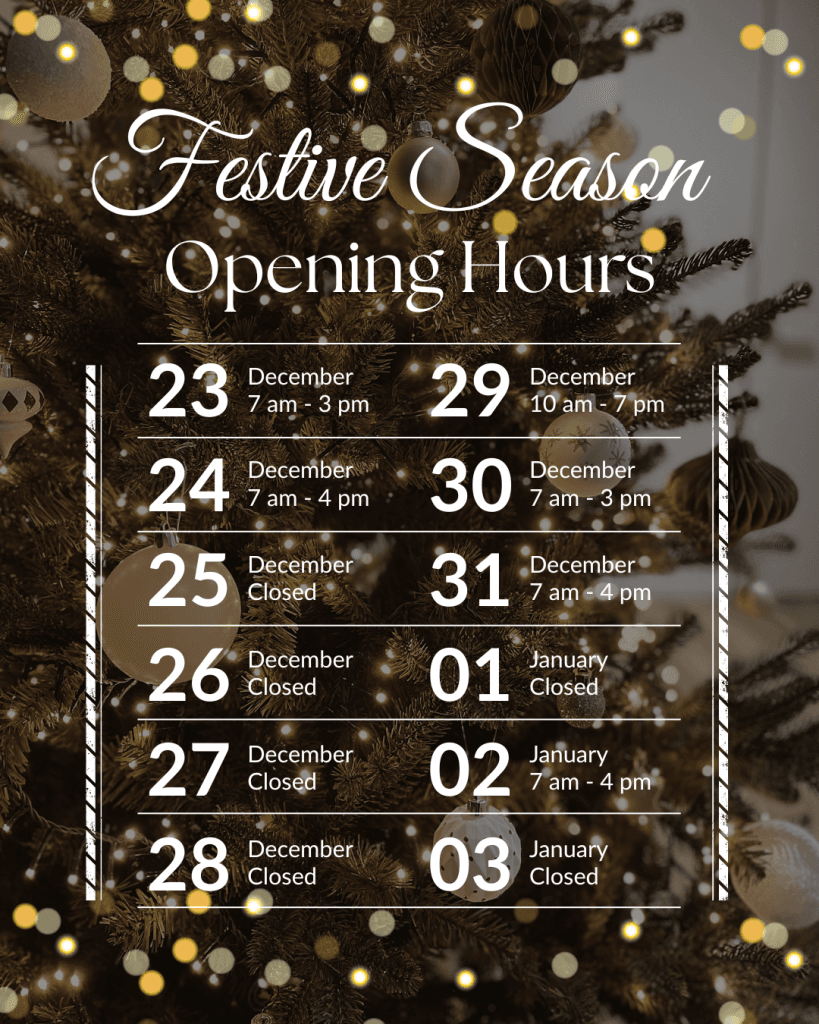[vc_row][vc_column][vc_column_text][/vc_column_text][/vc_column][/vc_row][vc_row][vc_column][vc_column_text]You’ve been active for your whole life, you’ve just taken a few (well deserved) weeks off over Christmas and New Year’s, the ankle injury you didn’t think twice about has settled down and you’ve just gotten back from a hard 3 kilometre run. Everything’s feeling good, you lay down on the couch to relax, and when you go to stand up you feel an incredible tightness in your Achilles. Have you injured something? Are the years of ignoring warm up and cool downs catching up to you? Will you need a scan?
Our bodies are often changing in response to life’s demands, and there’s nothing wrong with a well-deserved break, however if there has been a moderate change in your normal training regime, things can go wrong. Tendinopathies (in this case, the Achilles) can be quite concerning, however they are a very common presentation, especially in active populations. The good news is that it’s an effective alarm that something needs to be done, otherwise these injuries can get worse.
The Achilles pain in runners is a common example, and often people are scared of the dreaded Achilles tear and think it is best to stop all activity until the tightness goes away. These injuries are an example of when R.I.C.E can be the wrong management pathway, and I have seen many well intending patients who have tried to rest, ice and compress these injuries for weeks and months, for it to seem like it’s settled down (because you haven’t used it!), then for it to come back with a vengeance. These aren’t just confined to the Achilles, as the the hip, the knee and the shoulder are all common sites for tendinopathies.
The key with all tendinopathies is to;
1. Achieve an appropriate, precise diagnosis from a professional (not always a scan)
2. Develop an appropriate, individualised treatment plan (including exercise)
3. Build back up to reach your goals (As established in your plan)
4. Address all modifiable factors[/vc_column_text][/vc_column][/vc_row][vc_row equal_height=”yes”][vc_column width=”1/3″][vc_single_image image=”3423″ img_size=”full” label=””][/vc_column][vc_column width=”1/3″][vc_single_image image=”3424″ img_size=”full” label=””][/vc_column][vc_column width=”1/3″][vc_column_text]
[/vc_column_text][/vc_column][/vc_row][vc_row][vc_column][vc_column_text]Here at Mundaring & Hills Physiotherapy, we are well equipped to treat this ever so common injury.
Tendinopathies (previously known as tendinitis) are something that we can make significant improvements with, however the bad news is there are no shortcuts. These injuries take time, and the rehabilitation can be challenging. We need to look at your training load (with a training diary), we need to look at your footwear, we need to look at your local muscle strength, we need to look at your global muscle strength, we need to figure out exactly what has happened as well as why, and we address all of this to fix you back up and running![/vc_column_text][/vc_column][/vc_row][vc_row][vc_column][vc_separator][/vc_column][/vc_row][vc_row el_class=”colored animate” el_id=”our-team”][vc_column width=”1/4″][vc_single_image image=”2580″ img_size=”large”][/vc_column][vc_column width=”3/4″][ultimate_spacer height=”0″ height_on_mob_landscape=”15″ height_on_mob=”15″][porto_ultimate_heading main_heading=”Ashley Flynn” alignment=”left”]PHYSIOTHERAPIST[/porto_ultimate_heading][vc_column_text]Upon completion of his Bachelor of Physiotherapy degree from Curtin University, Ashley started working at Como Physiotherapy. Ashley’s areas of interest are in the areas of rehabilitation and the prevention of sports injuries, management of chronic disease, chronic low back pain and treatment of amputees.
Ashley is also trained in DMA Clinical Pilates, in which he utilises a combination of dry needling, with exercise and manual therapy to achieve the best results during treatment sessions.
Ashley is currently the Physiotherapist for the Perth Redbacks State Basketball League, a role Ashley took on with the club in 2014. Ashley is also currently working with individuals suffering from Ankylosing Spondylitis on Monday evenings in Shenton Park, utilising group exercise and hydrotherapy for the management of this disease.
During his spare time, Ashley’s other activities include playing basketball, cycling around the Swan River, scuba diving or watching the West Coast Eagles![/vc_column_text][/vc_column][/vc_row]


